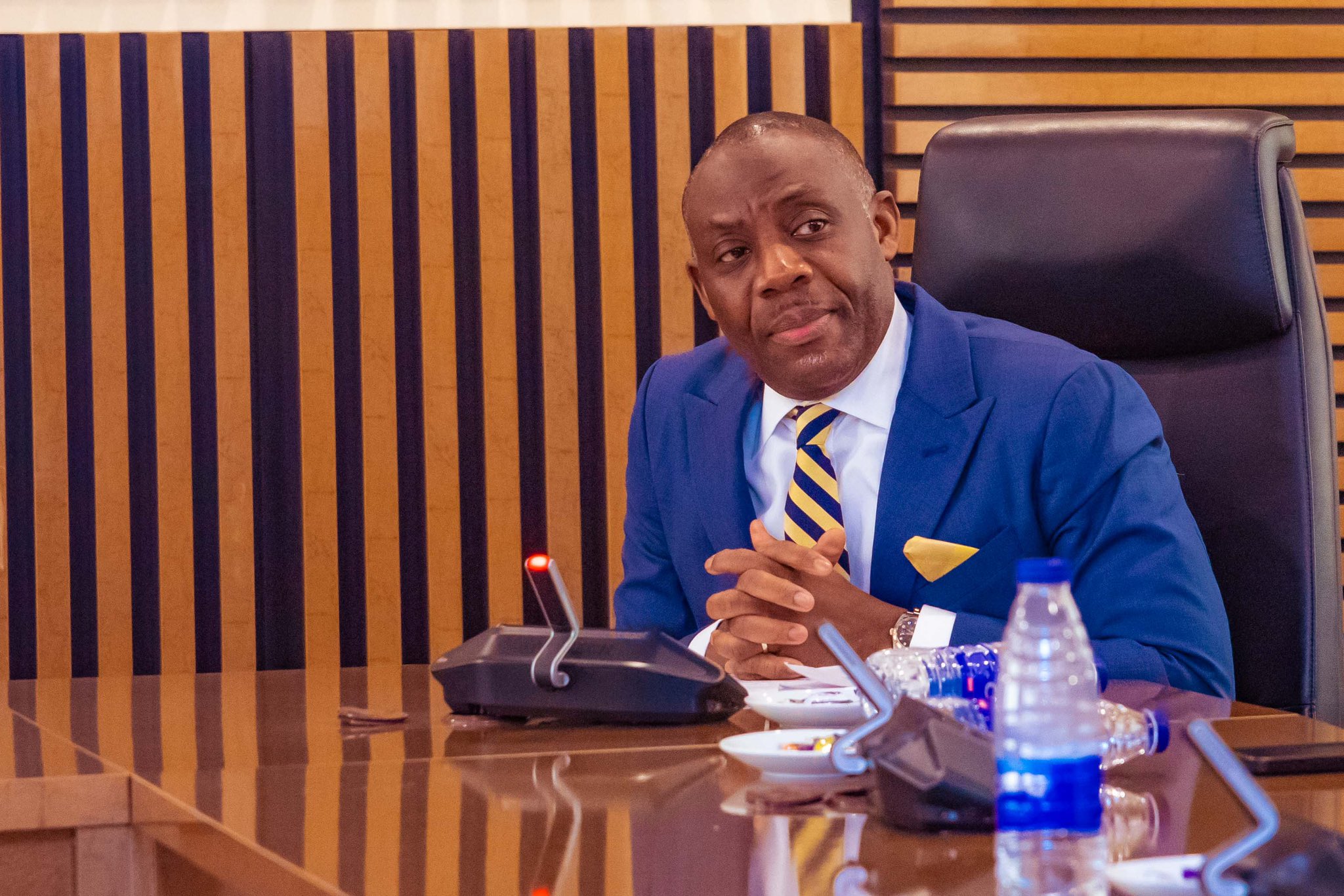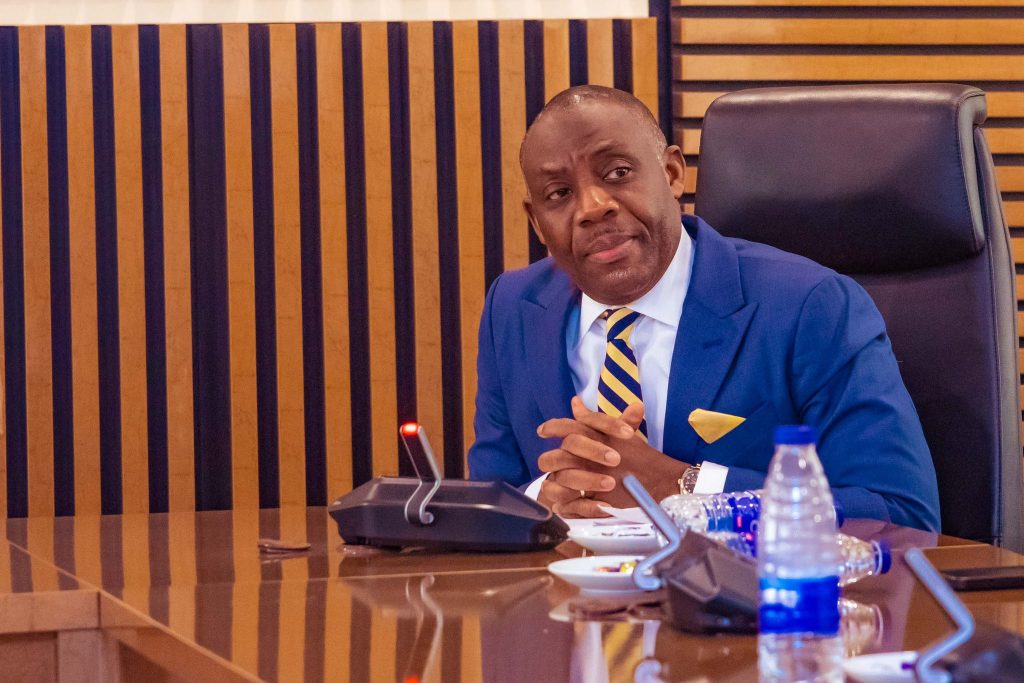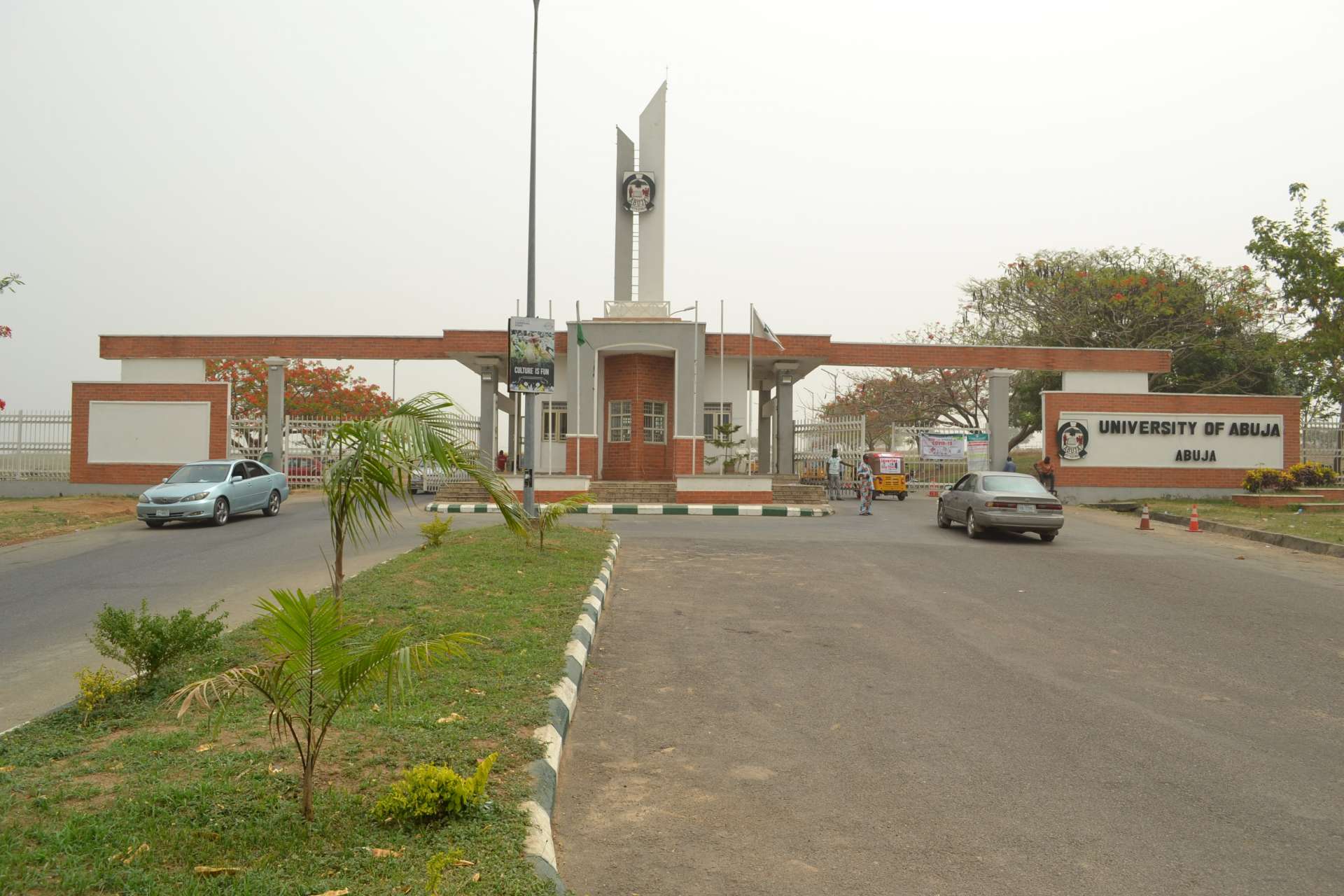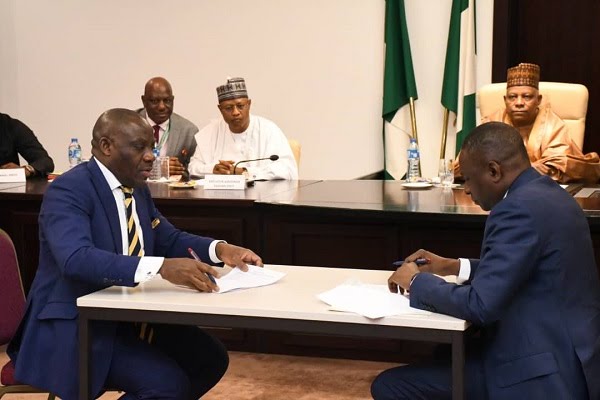24 federal tertiary institutions now powered by solar energy—Alausa


The Minister of Education, Tunji Alausa, announced that 24 federal tertiary institutions are currently benefiting from solar energy through the “Energising Education Project” initiated by President Bola Tinubu’s government.
Speaking in Abuja yesterday during a collaboration agreement signing ceremony with the vice-chancellors of the selected institutions, Alausa revealed that an additional eight universities have agreed to participate in the project’s fourth phase.
Prior to the signing event, the minister visited the University of Abuja, now renamed Yakubu Gowon University, to assess its solar energy facilities.
Describing the development as a “new day for Nigeria,” Alausa praised the project launched under Tinubu’s leadership for its goal of delivering constant electricity to federal tertiary schools.
He noted that the project brings significant benefits not just to education but also to Nigeria’s broader economy.
Alausa highlighted that the University of Abuja now operates a solar farm equipped with 6,000 photovoltaic panels, producing about 3.3 megawatts of electricity daily—sufficient to meet the university’s entire power needs around the clock.
“This project brings continuous, 24-hour electricity to our institutions.
“It allows for increased academic activity, powers laboratories and libraries throughout the day and night, and improves living and learning conditions for both students and faculty,” he said.
The minister also underlined the project’s broader economic benefits, emphasizing how steady power on campuses supports local enterprise.
“Any campus is a community by itself. With a constant power supply, you unleash high economic activity,” he said.
He mentioned that the initiative is funded through the Renewable Infrastructure Fund, a financial mechanism created by President Tinubu to drive infrastructure upgrades in various sectors.
Alausa then encouraged university vice-chancellors to adopt creative strategies for maintaining the project’s progress, stating that all tertiary institutions are expected to be generating renewable power by 2027.
Meanwhile, the Managing Director of the Rural Electrification Agency (REA), Abba Aliyu, stated that the first three phases of the project have already reached over 600,000 students and 50,000 members of academic staff.
Aliyu said that more than 100 megawatts of electricity have been generated to supply energy to university campuses and associated teaching hospitals.
He added that the multi-phase effort has introduced solar-powered mini-grids to 24 federal universities across Nigeria.
“What you are seeing here is one of our interventions in the education sector, and the aim is to ensure that universities have a sustainable and affordable electricity supply,” he said.
Aliyu shared that under Phase 2 of the initiative, known as the Universal Public Health Project, two universities and two teaching hospitals have been equipped with clean energy systems.
He also revealed that Phase 3, which involves supplying electricity to eight more universities and one additional teaching hospital, is nearly finished and will be launched in the next two months.
The new beneficiaries include Ahmadu Bello University, Zaria; the University of Nigeria, Nsukka; and the Federal University, Wukari, in Taraba State.
Other institutions in this batch are Federal University Dutse, University of Benin, University of Ibadan, Obafemi Awolowo University, Ile-Ife, and University of Lagos.







